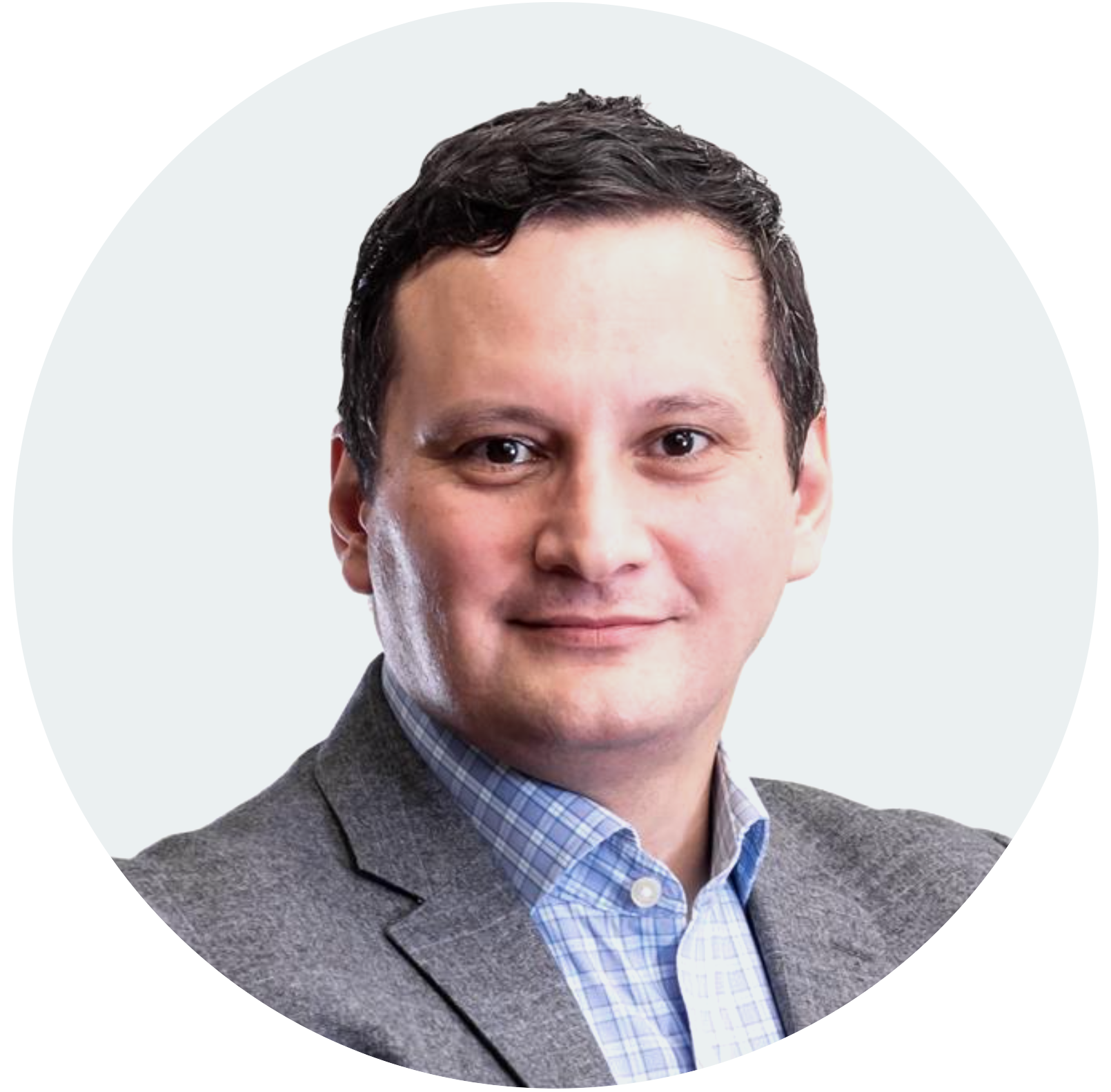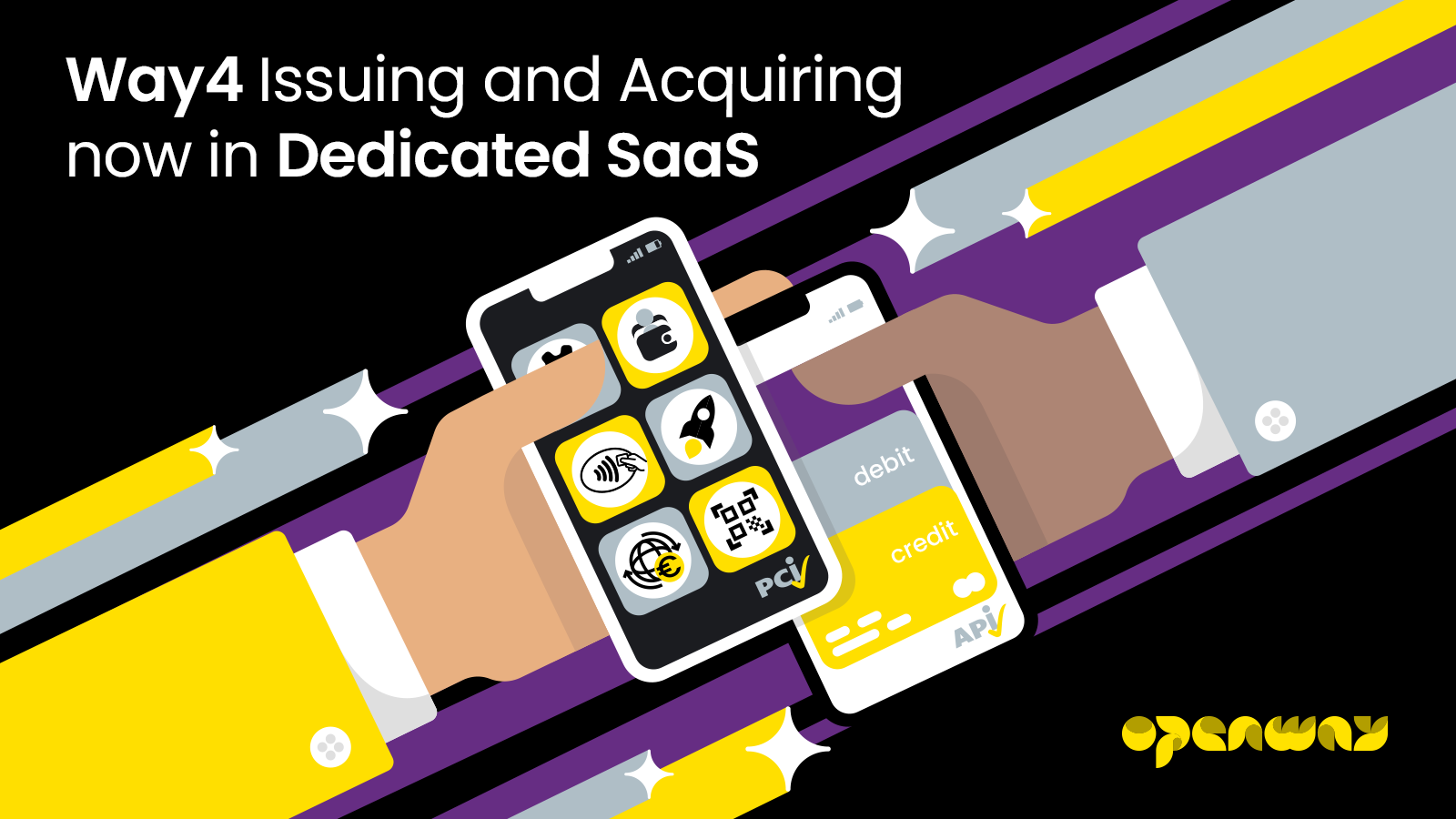A staggering one-third of global software is used in a Software-as-a-Service (SaaS) model, and the volatile payment sector is quick to see its benefits. Both digital-native fintech companies and large, established banks and processors turn to SaaS for rapid product launches without substantial upfront investments or compliance-related delays. They can transition from capital expenditure (CapEx) to operational expenses (OpEx), gaining financial flexibility, predictable expenses, and a more efficient allocation of resources.
Despite its allure, there's a significant caveat with SaaS: companies don't want convenience and cost savings at the expense of creative freedom. Many payment-related as-a-service models offer infrastructure and services for rent that are limited to a standard set of features. Even if they are good, they might not suit the particular needs of a company’s business. Dedicated SaaS solutions, like OpenWay's Way4 platform, provide the benefits of SaaS while granting control, flexibility and high product configuration. This empowers clients to leverage new market opportunities and realize their distinct business vision without compromise.
OpenWay’s latest case study shows how companies can benefit from a combined approach of on-premise and SaaS to increase their speed and scalability, both when migrating to dedicated SaaS or launching new business models in dedicated SaaS. Read to learn:
-
What is the difference between shared SaaS and dedicated SaaS, and how this affects what unique products you can launch
-
How dedicated SaaS gives the flexibility to grow quickly in new payment areas
-
What kind of dedicated SaaS vendor can allow freedom on both business and technological levels
-
How SaaS can be used together with legacy and in-house to maximize your options


![OW 11 [Flexible by design]](https://openwaygroup.com/hubfs/Partners%20portal/Logos%20and%20icons/OW_Logotype_RGB_99x28_s2.png)
OpenWay is the only best-in-class provider of digital payment software solutions for card issuing, digital wallets, merchant acquiring, BNPL, transaction switching, tokenization, and fleet payments, and the best cloud payment systems provider as rated by Aite, PayTech and Juniper Research. Top-tier banks and processors, as well as ambitious fintech startups, have chosen OpenWay as their strategic partner. With its unique capabilities in rich functionality, fast-to-market, high availability and better ROI, the Way4 software platform guarantees an unparalleled customer payment experience.

-2.jpg)
-1.jpg)